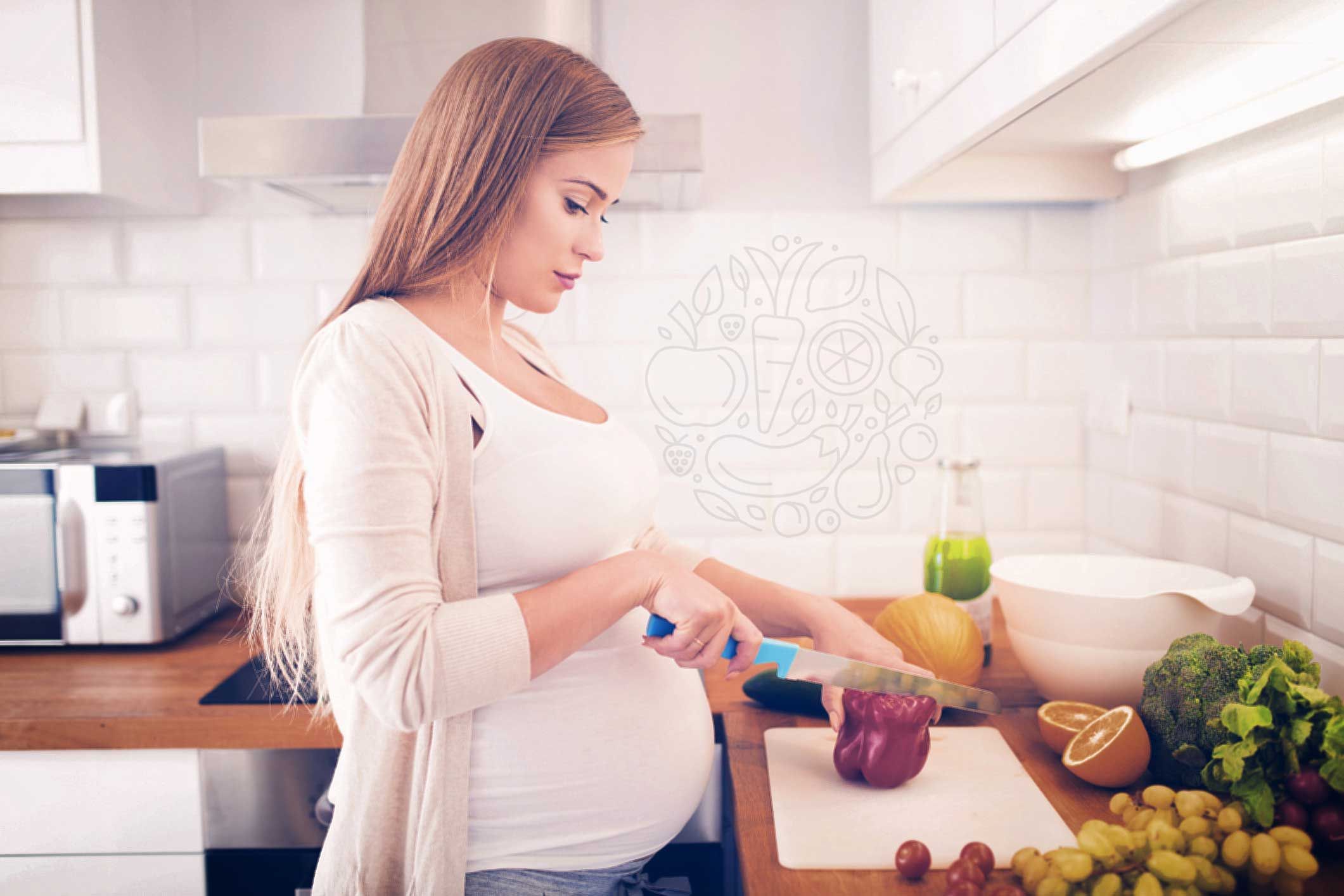
5 top nutrients your baby needs now
There is no magic formula for a healthy pregnancy diet.
Actually, the basics of healthy eating stay the same during pregnancy: plenty of fruits and veggies packed with phytonutrients, whole grains, lean protein, fiber, and healthy fats.
However, a few nutrients in a pregnancy diet deserve special attention. Here is what tops the list…
This vitamin helps prevent defects of your baby’s spinal cord. Eating leafy green vegetables, dried beans and peas, oranges, and folic acid fortified foods will provide some folic acid. To be on the safe side, the World Health Organization (WHO) recommends a supplement of 400 mcg per day.
Protein is the building block for lots of things including your growing baby’s body tissues. Meat – including lean beef, lamb, pork, and poultry – milk, cheese, eggs, and soybeans are all good sources of protein.
During pregnancy, your requirement for zinc increases by over 30%. Eating foods such as eggs, seafood, red meat, dried beans, lentils and whole grains will provide your baby with zinc and help build a healthy immune system.
DHA (Docosahexaenoic Acid) is an omega-3 fatty acid that helps your baby’s brain and eye development. Diets of pregnant women are often low in this healthy fatty acid – found in egg yolk and oily fish, such as salmon and sardines.
You might consider taking a dietary supplement if you don’t eat fish.
During pregnancy, you need double the amount of iron that non-pregnant women need. Your body needs this iron to make more blood to supply oxygen to your baby.
If you don’t get enough iron during pregnancy, you could develop iron deficiency anemia. Severe iron deficiency during pregnancy increases your risk of premature birth.
Iron is also essential for your baby’s immune function, blood development and growth. Make sure your diet includes enough red meat, eggs, beans, lentils, broccoli, and spinach to meet your body’s increased needs. WHO recommends a daily supplement containing 30-60 mg of iron during pregnancy.